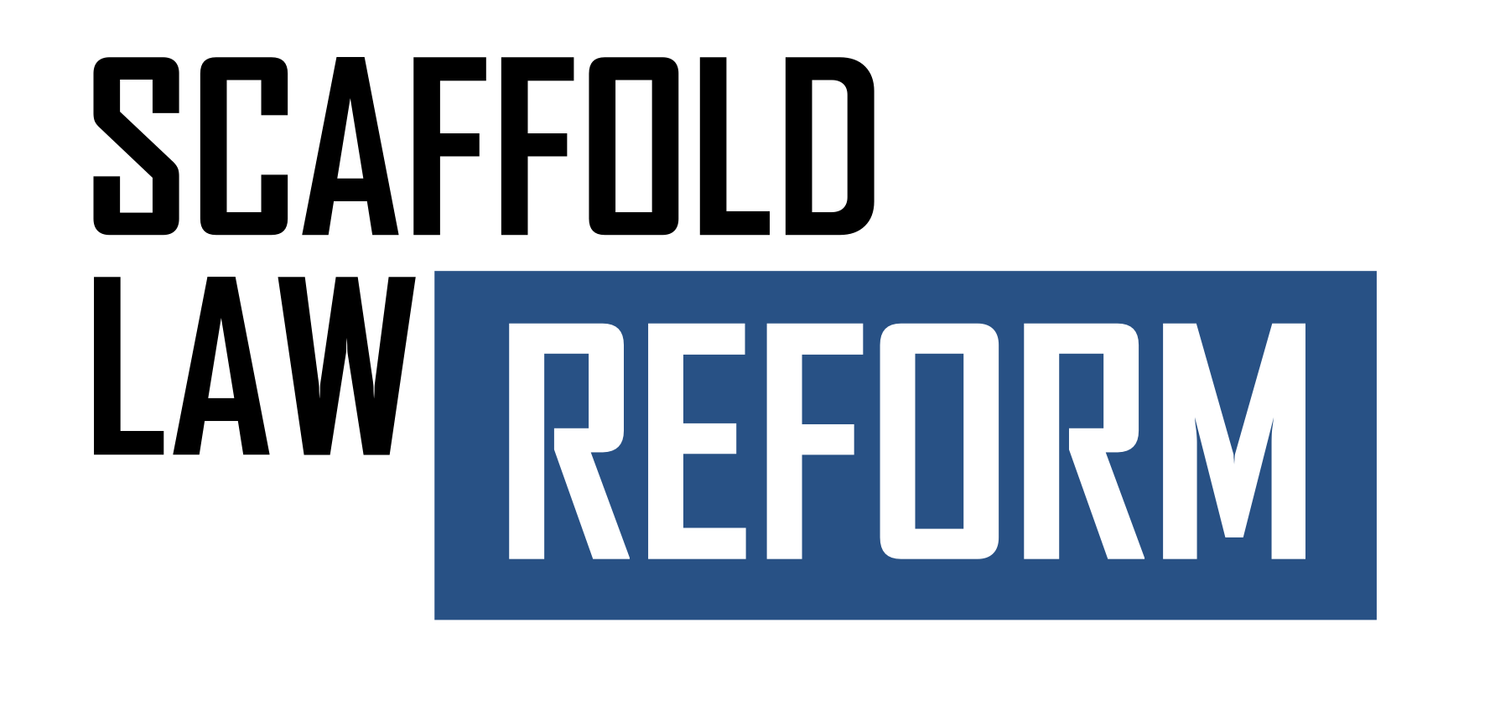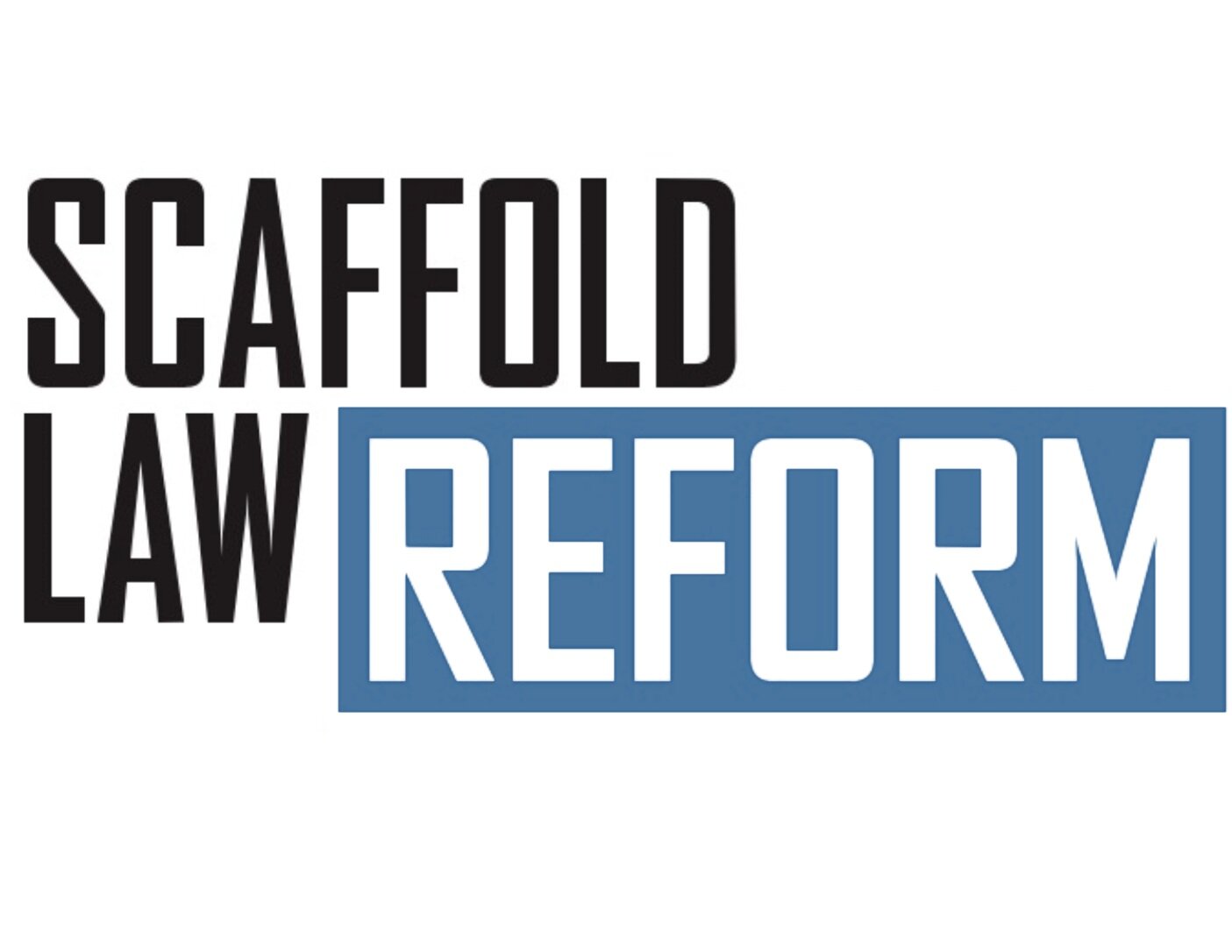Wall Street Journal: A Better Way to Make New York Affordable
By: WSJ Editorial Board
Look alert, New Yorkers: Congress has a chance to cut the cost of living, and it’s not the SALT deduction. Rep. Nick Langworthy (R., N.Y.) has introduced a bill in the House that would reduce the cost of federally funded construction projects in the state.
New York’s Labor Law 240, known as the Scaffold Law, imposes absolute liability on property owners and contractors for construction workers’ gravity-related injuries from falling or being hit by a falling object. Enacted in 1885, the absolute liability standard applies even when the worker is at fault.
New York is the only state in the nation with this policy. All others and the District of Columbia follow either comparative or contributory negligence standards, which determine liability based on which parties are to blame for the accident.
Mr. Langworthy’s Infrastructure Expansion Act would pre-empt the Scaffold Law by extending the comparative negligence standard to any project that receives federal money or tax incentives, or “is subject to Federal permitting requirements.”
Industry experts say the Scaffold Law increases total statewide construction costs by 5% to 10%. That’s because high liability means expensive insurance. New York insurance costs constitute 12.5% of construction expenses, compared with 2.5% in neighboring Connecticut, New Jersey and Pennsylvania. Many construction companies refuse to work in New York, leading to less competitive bidding, delayed projects and higher costs.
Trial lawyers are the winners in this equation. When owners and contractors face absolute liability for injuries, going to trial is almost always more risky than settling lawsuits. This creates fertile ground for dubious claims. Between 1990 and 2012, the number of personal injury cases initiated under the Scaffold Law rose more than fivefold, despite the frequency of injuries decreasing nationwide.
The trend has continued. According to an April 2024 report by the New York Civil Justice Institute, “there is widespread abuse of the law,” and judgments “range from high six-digits to multiple millions of dollars based on injuries that are self-inflicted, exaggerated or fabricated.”
Mr. Langworthy says his bill would “save at least $2 billion in federal tax dollars over the next 10 years.” Major savings would likely come from Penn Station’s $7 billion renovation project, which the Trump Administration announced in April will be jointly managed by Amtrak and the Transportation Department. Even more could be saved on the current $16 billion expansion of the Northeast Corridor rail line between New Jersey and New York.
Previous attempts to overturn the Scaffold Law were blocked by labor unions and the trial-lawyers lobby. Congress now has another bite at the Big Apple. As does Albany, which can pass state legislation extending the comparative negligence standard to non-federally funded construction projects as well. President Trump could even fight for it.

